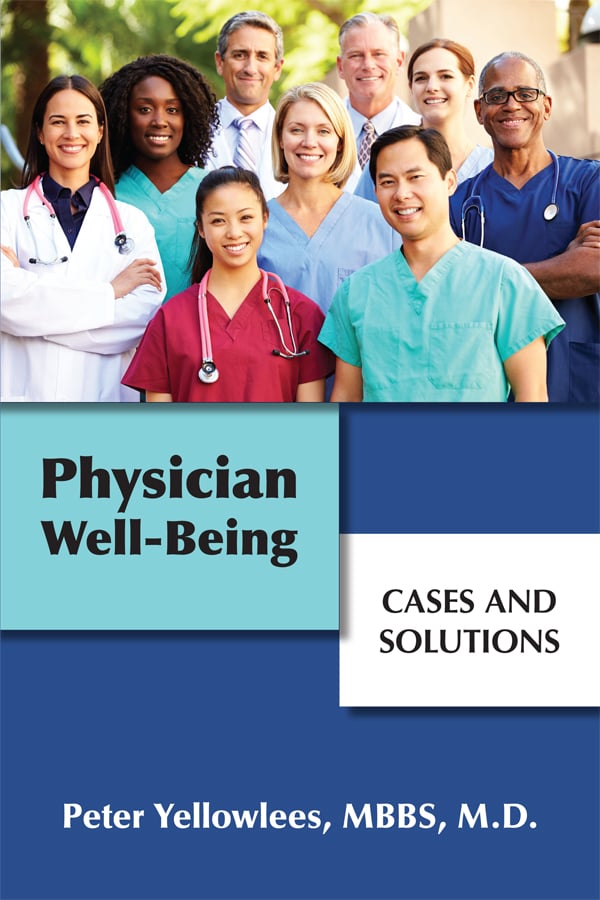
Physician Well-Being
- Peter Yellowlees, MBBS, M.D.
The figures are stark: 10–15 years after entering medical school, the average physician has twice the level of burnout of the average professional. Suicide rates among physicians are 1.4 and 2 times higher than in the general population for men and women, respectively. Physician Well-Being argues that the major reasons for physician distress are organizational and systemic and focuses on solutions that work.
The guide focuses its gaze on the range of the provider experience, from pre-med programs and practice settings that include a large health system and multidisciplinary clinic to specific scenarios such as medical marriages. Through fictional but realistic and nuanced case studies, it proposes solutions designed to make today's typical health care environments more effective.
Concise literature reviews highlight each chapter's most salient points, and detailed lists of references serve as springboards for further exploration. Throughout the volume, wisdom gleaned from the author's 30-year career as a psychiatrist—during which he has treated hundreds of physicians as patients—makes a powerful case for changes in the culture and process of medicine that are essential for improving both provider well-being and patient care and safety.
Peter Yellowlees, MBBS, M.D., is Chief Wellness Officer at UC Davis Health and Professor of Psychiatry and Vice Chair for Faculty Development in the Department of Psychiatry at the University of California–Davis in Sacramento, California.
| DOI: | https://doi.org/10.1176/appi.books.9781615379415 |
| Publisher: | American Psychiatric Publishing |
| Copyright Year: | 2019 |
| Print Date: | December 27, 2019 |
| Online Date: | December 5, 2024 |
| ISBN: | 978-1-61537-240-9 |
| EISBN: | 978-1-61537-941-5 |